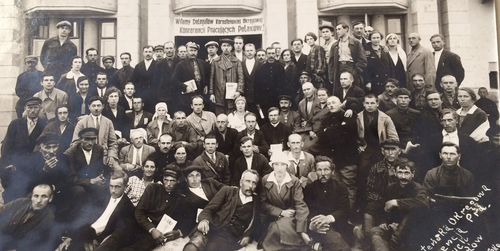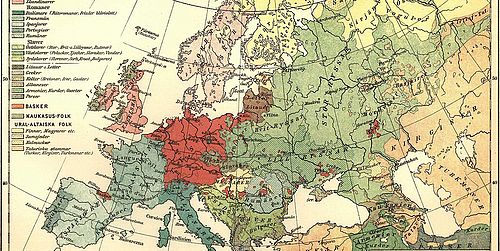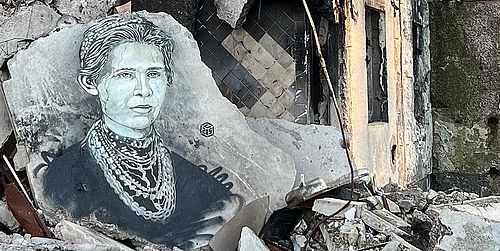A Joint Ukrainian-Swiss Research Project, supported by the Swiss National Science Foundation "Testing the Soviet Utopia: The Social History of Technologies in Ukraine, 1922-1991"
The project explores relationships between modern technologies, their emergence and use, and social and cultural change in Ukraine under Soviet rule (1922-1991). During this period, all production facilities were nationalized, technologies and their development were subject to centralized planning, and the Soviet state defined pathways for the distribution of goods. This system, radically distinct from market economies, both provided the foundations for specific Soviet designs of technological systems and encompassed, and potentially obscured, a much more complex reality, involving conflicting visions of technological development held by various lobby groups and arising from divergent points of view. The ideological frontier between “East” and “West” did not prevent the frequent transfer of Western technological innovations and solutions nor their implementation; the result was an often striking uniformity in global technological developments. In the meantime, under the radar of official ideology, citizens of the Soviet Union, including the Ukrainian Soviet Republic, practiced their own culture of the use, modification, and repair of technologies, which both helped to fill the gaps in supply of state-produced goods and, at times, gave rise to discontent and resistance.



